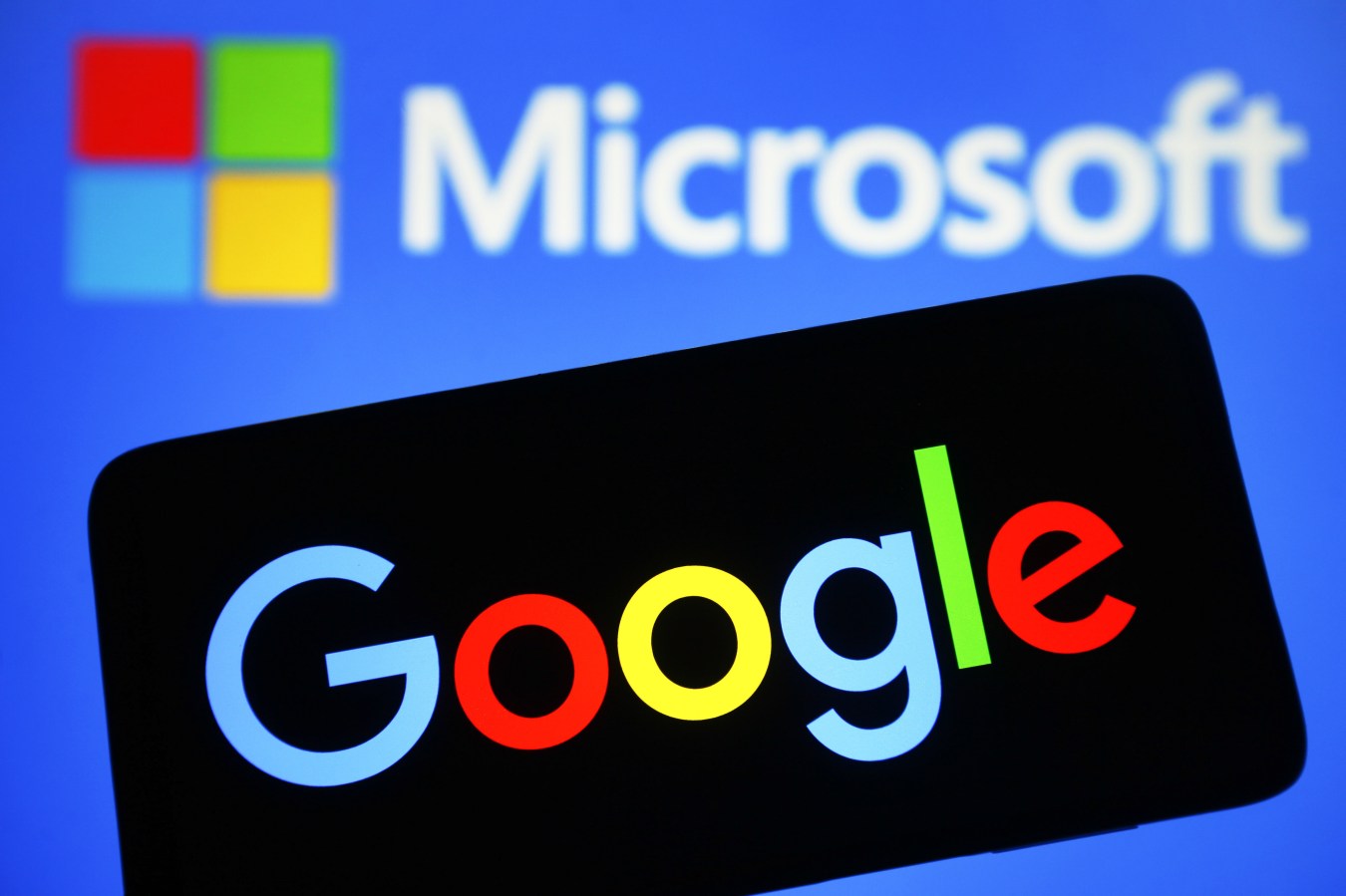Google will face court on Tuesday September 12 in what’s been touted to be the United States’ biggest monopolisation case since the 90s.

Key facts
Back in October 2020, the US Government accused Google, owned by US$1.7 trillion parent company, Alphabet, of illegally obtaining a monopoly in its search and advertising business.
It was alleged by the US Department of Justice that Google entered into exclusive distribution agreements with other companies – like Apple, Samsung and Motorola – to prioritise its search engine in their products. At the time, the US Attorney-General, William Barr, said: “Competition in this industry is vitally important, which is why today’s challenge against Google — the gatekeeper of the Internet — for violating antitrust laws is a monumental case both for the Department of Justice and for the American people.”
The main case the DOJ is trying to make is this: That Google unlawfully maintained monopolies in search and search advertising. Google rejects the allegation, maintaining that it competes on merits and has not illegally restricted competition.
Google will head to court on Tuesday September 12 in Washington to face what’s expected to be a 10-week trial that coincides with the company’s 25th birthday. This will be the first time a trial of this kind has been brought since 1998, when the DOJ took action against Microsoft over unlawful monopolisation – Microsoft ultimately lost.
Background
In a Google blog post, the company’s President of Global Affairs, Kent Walker, said the company plans to demonstrate the company’s search distribution agreements “reflect choices by browsers and device makers based on the quality of our services and the preferences of consumers”.
He said the case was “a backward-looking case at a time of unprecedented innovation”, and ignored how competitive and dynamic the technology industry was today.
According to the New York Post, the DOJ and Google have collectively deposed more than 150 people for the case and have produced more than 5 million pages of documents. Judge Amit P. Mehta, who was appointed by President Barack Obama in 2014, will preside over the trial, which has no jury.
Key figures
Search has long been Google’s most lucrative business division. In 2022, the company’s search unit brought in US$162.45 billion in revenue – which accounted for nearly 60% of the company’s total revenue.
Its search revenues continued to increase in Q1 of 2022, up 1.87% year-on-year to US$40.4 billion – though that is smaller than the near-25% growth in the same time period of the previous year, indicating that search growth is beginning to slow for the company, largely due to AI tools like ChatGPT.
Additional information
This isn’t the first time Google has faced an antitrust lawsuit. Back in September 2022, the company Google faced a record €4.125 billion (US$4.12 billion) fine for losing a European antitrust case linked to its Android operating system for smartphones.
Look back on the week that was with hand-picked articles from Australia and around the world. Sign up to the Forbes Australia newsletter here or become a member here.


